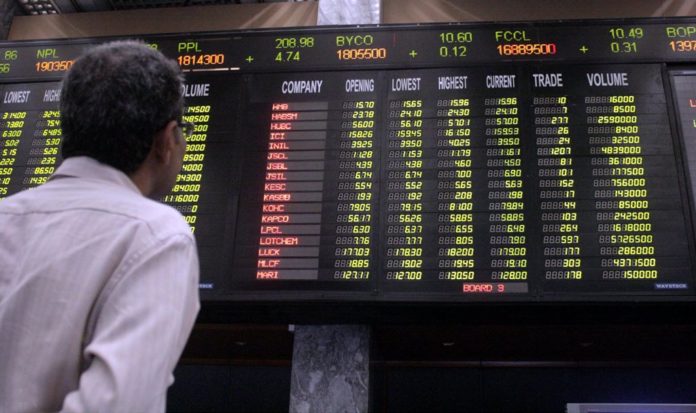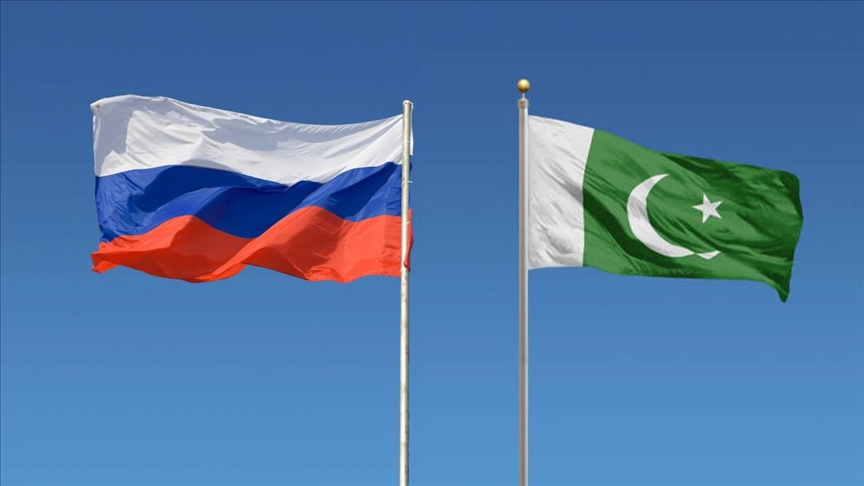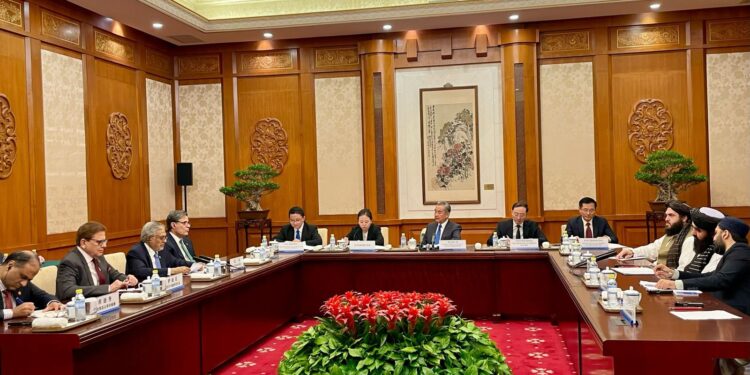PTBP Web Desk
The long-awaited financial closure of the Reko Diq mining project in Balochistan is now imminent, with key international partners finalizing their commitments, Finance Minister Muhammad Aurangzeb told Arab News. The project, regarded as one of the world’s largest undeveloped copper and gold deposits, is expected to transform Pakistan’s mining sector and significantly boost its exports.
Speaking about the progress, Aurangzeb said, “The financial closure for Reko Diq is essentially around the corner. IFC [International Finance Corporation] has been leading the consortium, and one of the final pieces of the puzzle is the participation of US Exim. With recent developments in the US, we now expect their involvement soon.”
Reko Diq, located in the Chagai district of Balochistan, is jointly owned by international and domestic stakeholders. The project ownership structure comprises 50% by Barrick Gold, 25% by three federal State-Owned Enterprises (SOEs), and 25% by the Government of Balochistan. Within the provincial share, 15% is fully funded, while 10% is carried free of cost.
The project is slated to start production by 2028, and it is expected to become a world-class mining operation producing copper and gold on a large scale. According to Aurangzeb, the total debt component of the project amounts to approximately $3.5 billion, and all major financing arrangements are now in place.
“I think in the coming weeks, this should be finalized and the financial close should be there,” Aurangzeb added. He emphasized that his recent visit to Washington, where he met IFC Managing Director and other consortium partners, reaffirmed the project’s imminent financial closure.
The finance minister described Reko Diq as a “game-changer” for Pakistan’s economy. He highlighted the project’s potential impact on the country’s export sector, which has stagnated at around $30 billion. “Reko Diq, in its first year of operation, is expected to generate an export potential of $2.8 billion, which is roughly 10% of our current export base. This is just the beginning, as several other mining projects are in the pipeline,” he said.
The Senate Standing Committee on Petroleum was also briefed about Reko Diq, where the Secretary of the Petroleum Ministry confirmed that around 20% of the groundwork has already been completed. Officials assured the committee that production would commence by the end of 2028, aligning with the government’s timeline for operational readiness.
Despite the positive developments, the committee expressed concern over the absence of a representative from Barrick, the project operator. The Chair directed that an operational team member from Barrick must attend future meetings to ensure timely coordination and project updates.
The Reko Diq project is expected to have a transformational effect on Pakistan’s economy. By leveraging its mineral resources, the project will not only strengthen the export base but also create employment opportunities and contribute to infrastructure development in Balochistan. With copper and gold in high global demand, the project is positioned to attract further foreign investment and enhance Pakistan’s credibility in the mining sector.
Industry analysts and policymakers have lauded the role of international partners such as IFC and US Exim in facilitating project financing. Their involvement ensures that the Reko Diq project meets global standards for environmental sustainability, corporate governance, and operational efficiency. IFC’s risk mitigation and technical expertise have been critical in securing confidence among private and public stakeholders.
Finance Minister Aurangzeb further emphasized the long-term economic benefits of the project, noting that it would help diversify Pakistan’s export base beyond traditional commodities and textiles. “Mining projects like Reko Diq provide sustainable revenue streams, reduce dependence on imports, and generate foreign exchange earnings critical for economic stability,” he said.
The government’s proactive measures to support the project, including facilitating international financing and resolving regulatory hurdles, have been crucial in moving the project toward financial closure. Once operational, Reko Diq is expected to contribute significantly to Pakistan’s GDP while opening avenues for ancillary industries and local businesses to participate in the mining supply chain.
Additionally, the project aligns with Pakistan’s broader vision of leveraging natural resources to achieve sustainable economic growth. It underscores the government’s commitment to public-private partnerships, resource optimization, and regional development, particularly in underdeveloped areas like Balochistan.
As the financial closure of Reko Diq approaches, stakeholders remain optimistic about meeting production timelines and realizing the project’s economic potential. With strong governance, international collaboration, and strategic planning, Reko Diq is poised to become a landmark project for Pakistan, signaling a new era in the country’s mining and export sectors.




